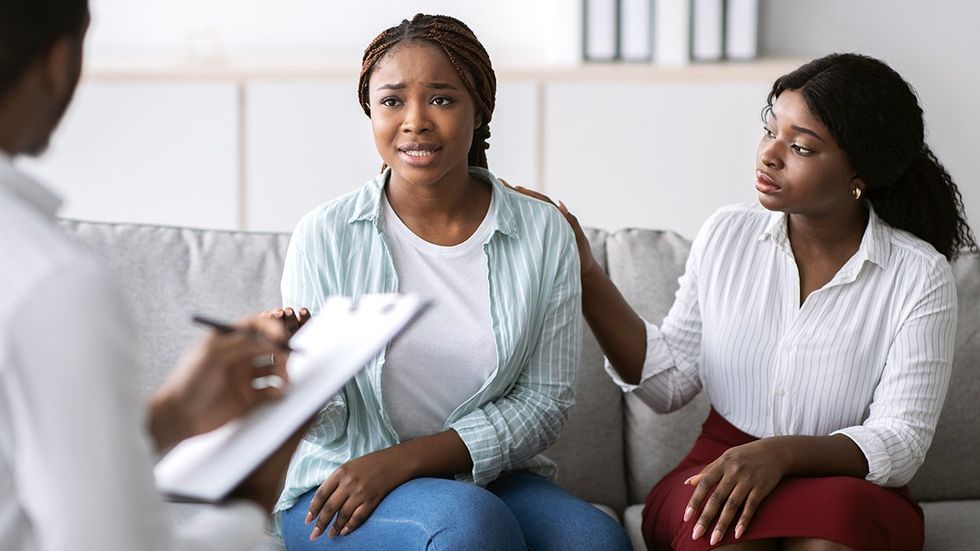Fertility clinics in Alabama are ceasing services following an unprecedented ruling from the state Supreme Court that declared embryos are people, whether they are in a uterus or frozen.
The University of Alabama at Birmingham announced Wednesday that it is pausing in vitro fertilization (IVF) treatments, citing concerns that "our patients and our physicians could be prosecuted criminally or face punitive damages for following the standard of care." Alabama Fertility’s clinic in Birmingham also “paused transfers of embryos for at least a day or two,” it confirmed to CNN.
During IVF, multiple embryos are created as the treatment is not guaranteed to lead to pregnancy, and is often expensive — one round can cost anywhere between $10,000 and $30,000. Patients can determine what happens to those left after a successful pregnancy, which can be an emotional decision.
Embryos have legally been treated as private property since the development of IVF treatment, which came after enacting Roe v. Wadein 1973. Until the ruling, patients had the right to use, donate, or destroy their embryos without repercussion.
The state Supreme Court ruled Friday that a wrongful death lawsuit could be filed under the Wrongful Death of a Minor Act against someone accused of accidentally dropping and destroying embryos from three couples at a clinic in the state, with Chief Justice Tom Parker writing in an opinion attached to the ruling that "human life cannot be wrongfully destroyed without incurring the wrath of a holy God."
LPAC, a national political organization dedicated to electing LGBTQ+ women and nonbinary people, called the ruling "cruel and appalling," noting that it will adversely effect the family planning of LGBTQ+ couples in particular. In tandem with the state's total abortion ban, the organization said the decision "continues to exacerbate existing healthcare disparities, disproportionately impacting LGBTQ individuals who already struggle to access reproductive care."
"It is reprehensible to think that an underaged victim of sexual abuse would be made to carry a pregnancy to term while LGBTQ+ couples struggling with fertility and conceiving are denied their right to create a family," the group wrote, adding, "This ruling not only dismisses LGBTQ experiences but also denies their autonomy in family-building and the right to pursue parenthood without undue legal constraints."














































































Fans thirsting over Chris Colfer's sexy new muscles for Coachella